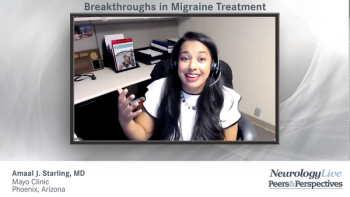
Reactions to advances in migraine treatment, specifically with the development of disease-specific targeted therapies.

Reactions to advances in migraine treatment, specifically with the development of disease-specific targeted therapies.
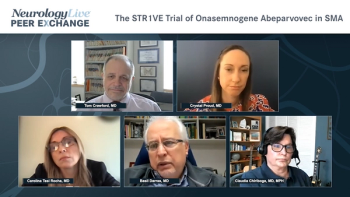
Basil Darras, MD provides an overview of safety and efficacy data from the phase 3 STR1VE clinical trial of onasemnogene abeparvovec in patients with symptomatic SMA up to 6 months of age.
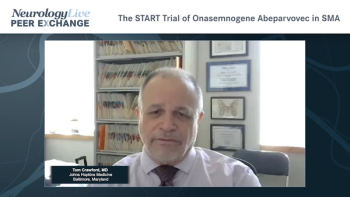
Tom Crawford, MD provides key insights into the START clinical trial of onasemnogene abeparvovec in symptomatic SMA and discusses its safety and efficacy for children up to 24 months of age.
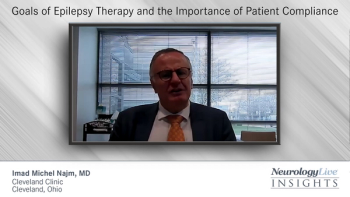
An overview of the goals of epilepsy treatment, seizure freedom, and the importance of patient compliance.
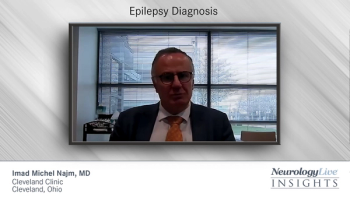
Imad Michel Najm, MD, discusses various factors to consider when diagnosing epilepsy in patients such as when to start drug therapy as well as patient resistance to medications.
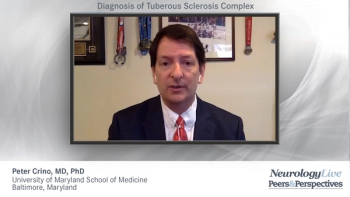
Expert neurologists discuss the clinical presentation and diagnosis of tuberous sclerosis complex.
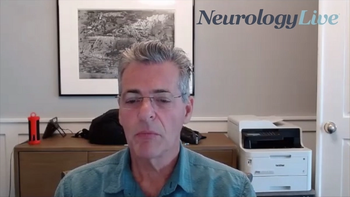
The Ralph and Luci Schey Chair and Director of the Schey Center for Cognitive Neuroimaging at Cleveland Clinic discussed the importance of correcting practice effects to determine performance.
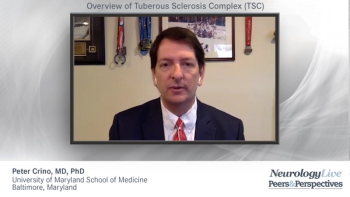
Elizabeth Thiele, MD, PhD, and Peter Crino, MD, PhD, define tuberous sclerosis complex (TSC) including the neurobehavioral manifestations of disease.

The director of the Center for Neurological Restoration at Cleveland Clinic discussed future ideas for the MANAGE-PD tool to furthering its benefits.
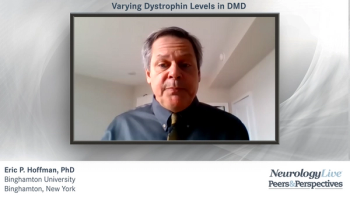
Eric P. Hoffman, PhD, outlines the variables in measurement of dystrophin levels in patients with Duchenne muscular dystrophy and how they translate into clinical benefit.
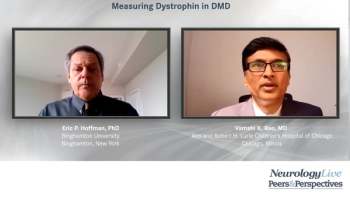
Consideration of the measurement and standardization of dystrophin improvement to infer clinical benefit and the FDA distinction between exon skipping dystrophin and micro-dystrophin in Duchenne muscular dystrophy.
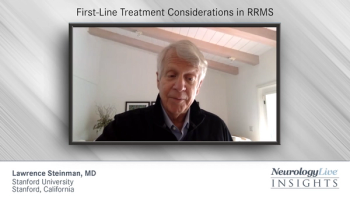
Experts in the management of relapsing/remitting multiple sclerosis provide key insights on the importance of early diagnosis and treatment as well as what factors to consider when selecting therapy.
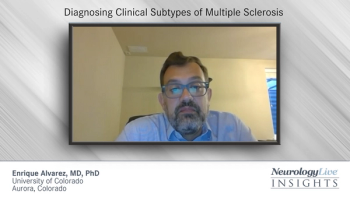
Lawrence Steinman, MD discusses the role of MRI and the McDonald Criteria for the diagnosis of multiple sclerosis, and Enrique Alvarez, MD, PhD defines key differences in the presentation and prevalence of its clinical subtypes.
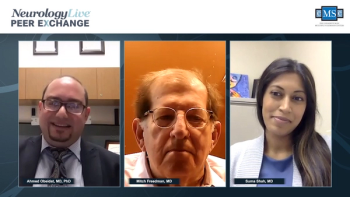
Join Ahmed Obeidat, MD, PhD; Mitchell Freedman, MD; and Suma Shah, MD, for the second program of this monthly series as they discuss the evolution of therapeutics for the treatment of multiple sclerosis.
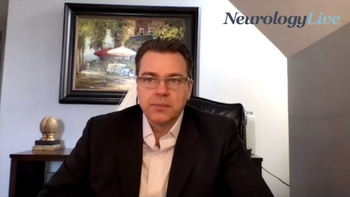
The professor of neurology and director of the Buffalo Neuroimaging Analysis Center discussed the development of the aT2-LV biomarker.
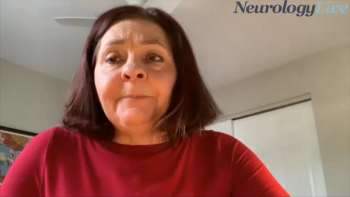
The director of research at St. Luke’s Sleep Medicine and Research Center discussed the current treatment landscape for excessive daytime sleepiness and how solriamfetol plays a role.
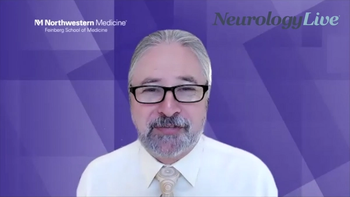
The vice chair for research at the Northwestern University Feinberg School of Medicine discussed the potential of the mobile toolbox battery to screen hundreds of thousands for cognitive impairment.
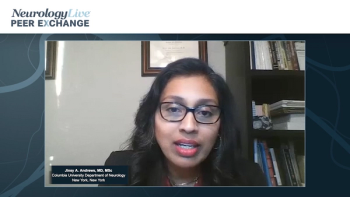
A panel of experts provides insights into recent improvements in clinical trial design in amyotrophic lateral sclerosis (ALS) and discusses implications of recent clinical trial results.
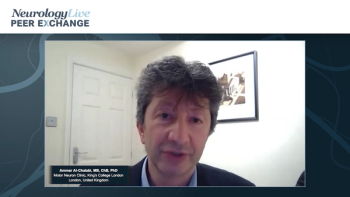
Expert neurologists discuss clinical trial design and FDA approvals for current approaches to pharmacologic management of amyotrophic lateral sclerosis (ALS) and share personal experiences.
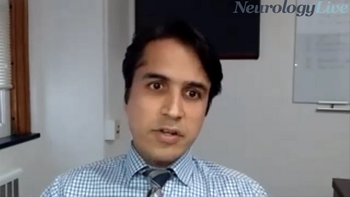
The neurologist from Cleveland Clinic offered his insight into the areas that he believes responsive neurostimulation could provide benefit to patients that need further examination.
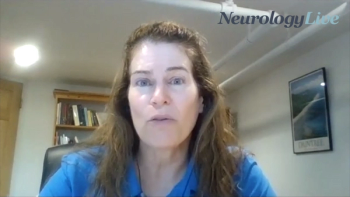
The senior director of patient management, care, and rehabilitation research at the National MS Society discussed challenges in care and rehabilitation in patients with progressive MS.
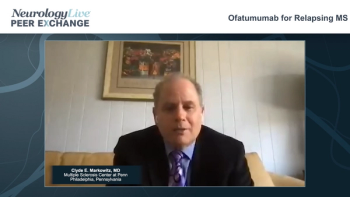
The rationale for treating patients with relapsing multiple sclerosis with ofatumumab based on data revealed by the ASCLEPIOS I and ASCLEPIOS II trials.
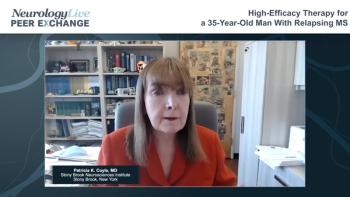
Implications for initiating treatment with a high-efficacy therapy for a 35-year-old man who presents with progressive numbness and weakness in his left arm and leg.

The assistant professor of neurology at the Keck School of Medicine at University of Southern California shared her insight into the study data and the therapy’s potential advantages for patients with Parkinson disease.

The Ralph and Luci Schey Chair and Director of the Schey Center for Cognitive Neuroimaging at Cleveland Clinic discussed populations that exhibit greater practice effects than others.

The director of the Center for Neurological Restoration at Cleveland Clinic discussed why gaps remain in screening for patients with Parkinson disease who may be eligible for device-aided therapies.

Neurology News Network for the week ending May 15, 2021.

The vice chair for research at the Northwestern University Feinberg School of Medicine discussed creating a mobile cognitive toolbox to be used by all populations.
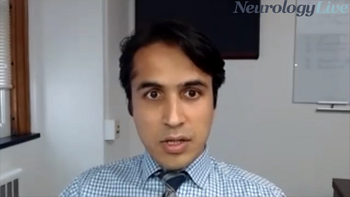
The neurologist from Cleveland Clinic stressed the potential for responsive neurostimulation in older populations with epilepsy and the need for expanded research.
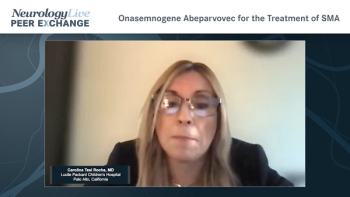
Key opinion leader in neurology Carolina Tesi Rocha, MD provides an overview of onasemnogene abeparvovec by discussing its mechanism of action, safety, and efficacy for patients with SMA.